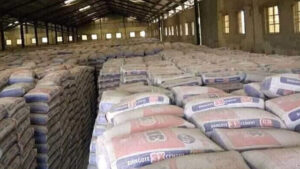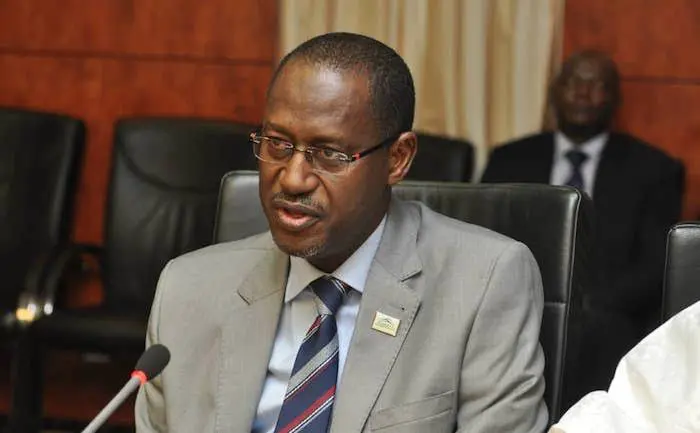CurrentReport Blog In a recent development, the Federal Government of Nigeria has issued a stern warning to cement manufacturers in the country, signaling a potential shift in policy regarding the importation of cement. The government’s ultimatum comes amidst a standoff over the pricing of cement within Nigeria, with manufacturers being urged to lower prices or face the consequences.
Addressing the issue at an emergency meeting in Abuja, the Minister of Housing and Urban Development, Ahmed Dangiwa, emphasized the need for domestic cement prices to reflect the availability of locally-sourced raw materials such as limestone, clay, silica sand, and gypsum. Dangiwa stressed that these materials should not be subject to dollar-based pricing, as they are abundant within Nigeria’s borders.
Dangiwa refuted claims by manufacturers citing high gas prices and equipment costs as reasons for the elevated price of cement. He argued that gas, a crucial component in cement production, is readily available domestically, while mining equipment costs should not significantly impact pricing as they are long-term investments.

Expressing the government’s stance, Dangiwa warned that failure to comply with pricing expectations could prompt the reopening of borders for cement imports. Such a move, he cautioned, would lead to a significant drop in cement prices, potentially undermining local manufacturers’ competitiveness and sustainability.
Urging manufacturers to prioritize national interests, Dangiwa highlighted the willingness of some companies, like BUA Cement, to adjust prices in alignment with government expectations. He called upon all stakeholders to demonstrate patriotism in addressing the prevailing economic challenges, emphasizing the need for collective action during crises.
In response to the government’s position, Rabiu Umar, the Group Chief Commercial Officer of Dangote Cement, acknowledged the complexities of cement production, citing the reliance on foreign exchange for certain inputs. However, he underscored the shared responsibility of all stakeholders in navigating the current economic climate.












